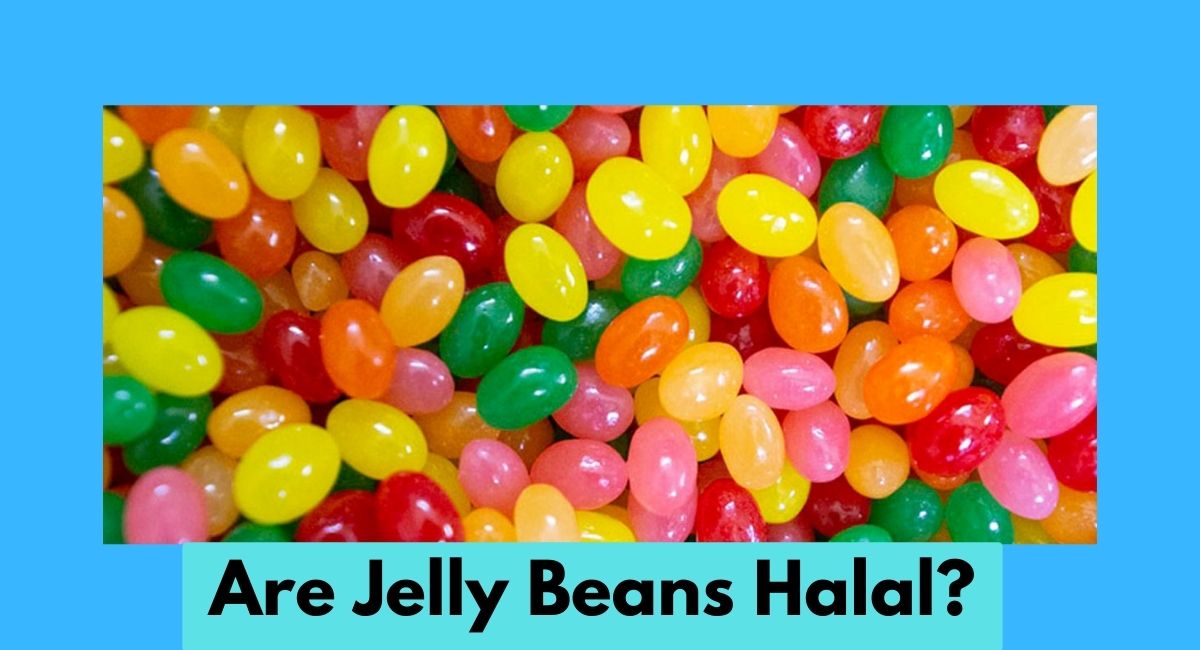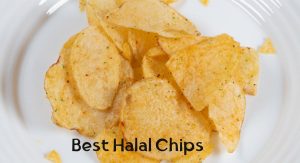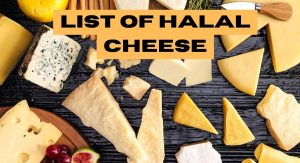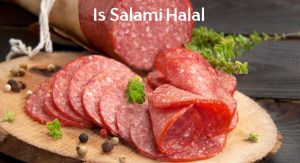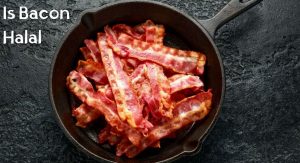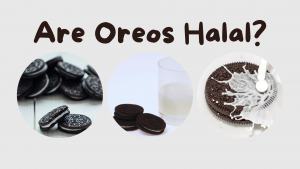Yes, Jelly Beans are considered Halal, as they do not contain any animal products. Jelly Belly’s official website states that their jelly beans are Halal and Kosher certified (they are certified Kosher by the Orthodox Union.), free of animal products and alcohol.
Are you wondering whether jelly beans are Halal or not? Are you curious to learn more about the ingredients and the production process of this beloved snack? Then look no further! In this blog, we will explore the question; Are jelly beans Halal and provide some insight into what makes a jelly bean halal or haram? We will also look at the different opinions and views of Islamic scholars on this matter. So, let’s take a closer look and find out whether jelly beans are halal or not. Are you ready? Let’s get started!
We will start by looking at what makes jelly beans halal or haram. To begin with, we must understand that all food items must be made from permissible ingredients according to Islamic law. Hence, when it comes to jelly beans, the ingredients must all be halal. In addition to this, the production process of jelly beans must also adhere to Islamic guidelines and not involve any prohibited activities or substances.
What are Jelly Beans?
Jelly beans are small, colourful, chewy candies. They are made from a combination of sugar, corn syrup, and other ingredients, depending on the flavour. They come in a variety of flavours, including cherry, grape, lime, and orange. The most popular brand of jelly beans is Jelly Belly, which was created in 1976.
Are Jelly Beans Halal?
The Halal status of jelly beans is an important question for those adhering to a Muslim or other religious dietary restriction. In general, jelly beans are considered Halal, as they do not contain any animal products or by-products. It is important to check the ingredients list to make sure that they are free of any alcohol, lard, or other prohibited items.
The Jelly Belly website states that their jelly beans are free of any animal products or alcohol and are suitable for those following a Halal diet. Additionally, they are certified Kosher by the Orthodox Union. (Source)
Ingredients of Jelly Beans
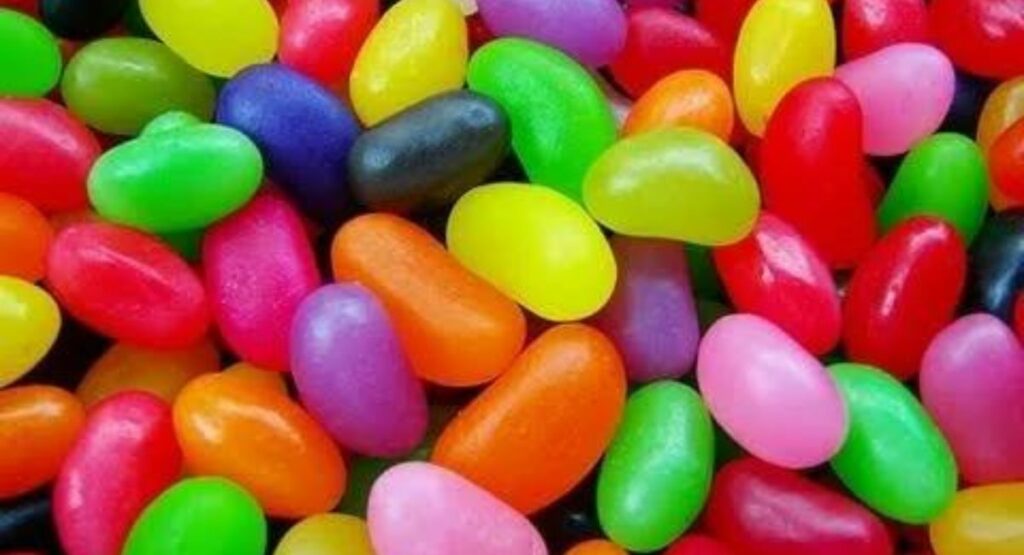
Common Ingredients of Jelly Beans
Jelly beans are a popular candy made of sugar, corn syrup, modified food starch and flavouring. The ingredients also include colourings, such as Blue 1 and Red 40, to give the beans their vibrant colours. Jelly beans are also made with a variety of natural and artificial flavourings, such as cherry, grape, orange, lime, and lemon.
Halal and Haram Ingredients of Jelly Beans
The ingredients used to make jelly beans are generally considered to be halal, as they are all-natural. Some manufacturers may use haram ingredients, such as gelatin, which is derived from animal sources and not permissible according to Islamic Law. It is important to check the label of the jelly bean product to ensure that it does not contain any haram ingredients. Additionally, some jelly bean products may contain lard, which is also considered to be haram.
In order to ensure that the jelly beans you are consuming are halal, it is important to check the ingredients list for any haram ingredients, as well as to look for a halal certification label on the product. Additionally, some manufacturers may offer halal-certified jelly beans that are made without the use of any animal-derived products.
Manufacturing Process of Jelly Beans
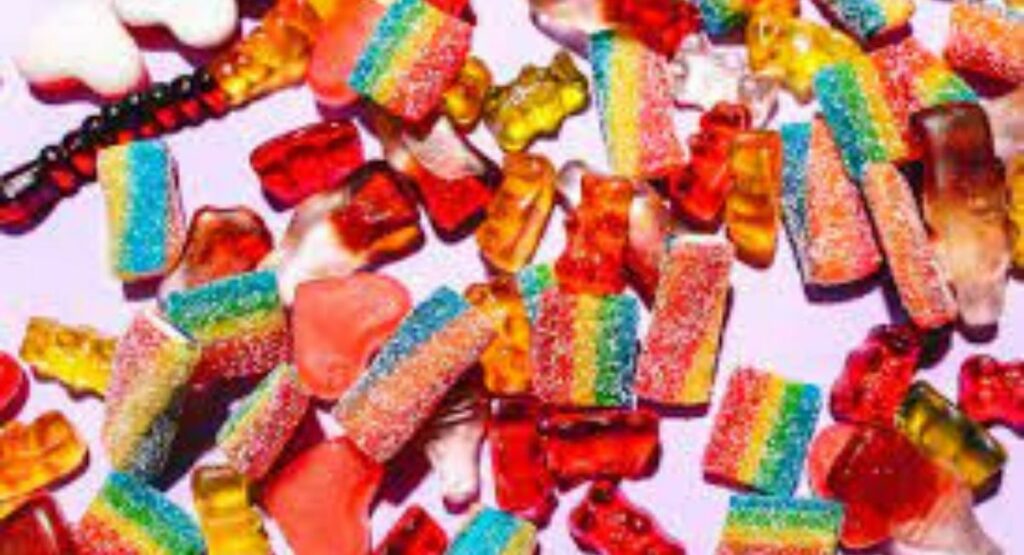
Overview of the Manufacturing Process
The manufacturing process of Jelly Beans starts with a mixture of sugar and corn syrup that is heated and stirred until it reaches a specific temperature. Then, natural and artificial flavours, colours, and other ingredients are added. The mixture is then cooled and poured into moulds to form the shape of the Jelly Beans. Finally, the Jelly Beans are polished to give them a glossy finish and are packaged for sale.
Halal and Haram Aspects of the Manufacturing Process
The manufacturing process of Jelly Beans is generally considered Halal, as it does not involve any Haram ingredients. It is important to check the ingredients list to ensure that all components are in line with Halal standards. Additionally, the manufacturing facility should be certified Halal by a reputable certification body in order to ensure that no Haram ingredients have been used in the manufacturing process.
Halal Certification of Jelly Beans
Halal certification is the process of ensuring that a product is compliant with Islamic dietary laws. This certification is especially important for food products, as it ensures that Muslims can consume them without fear of breaking their religious laws. Jelly beans are a popular snack, but are they considered halal? Let’s take a look at the halal certification of jelly beans.
Overview of Halal Certification
In order to be certified as halal, a product must not contain any animal products or by-products, nor any alcohol or other intoxicants. The product must also be prepared, stored, and handled according to Islamic laws and guidelines. This means that the product must be prepared in a clean environment, without contact with any other non-halal products. Additionally, the product must be manufactured without the use of any non-halal ingredients or additives.
Halal Certification of Jelly Beans
Jelly beans are generally considered halal. The majority of jelly beans are made with plant-based ingredients and do not contain any animal products or by-products. Additionally, they are usually manufactured in a clean environment and do not come into contact with any other non-halal products. It is important to check the ingredients list on the packaging to ensure that no non-halal ingredients or additives have been used.
It is also important to note that some jelly beans may contain alcohol or other intoxicants as flavourings, so it is important to check the ingredients list for any such ingredients. Additionally, some jelly beans may contain gelatin, which is derived from animal sources and is not considered halal. If a product contains gelatin, it will be clearly stated on the packaging, so it is important to check before purchasing.
Looking for information on other gummy candies? Check out our collection of articles to make informed choices about your favorite treats while adhering to halal guidelines.
Are Dots Halal: Discover the truth about the halal status of Dots candies. Uncover the verdict on whether these chewy treats align with Islamic dietary guidelines.
Are Sour Patch Kids Haram: Get the scoop on Sour Patch Kids and their halal compliance. Learn whether these tangy, sweet candies are a permissible treat for those following Islamic dietary laws.
Frequently Asked Questions (FAQs)
Do Jelly Beans Have Gelatin?
No, jelly beans do not contain gelatin. Gelatin is a protein made from animal products such as skin, bones, and connective tissue, so manufacturers use other products to give jelly beans their gelatin-like texture. Some common ingredients used in place of gelatin include pectin, carnauba wax, starch, and locust bean gum. These ingredients help to add the crunchy texture that gives jelly beans their signature chewiness. Additionally, many jelly bean manufacturers use artificial colours and flavours for added appeal.
Do Jelly Beans Have Alcohol?
No, jelly beans do not contain any alcohol. Jelly beans are a type of confectionery made by combining sugar syrup with natural or artificial flavours and colours. These ingredients are boiled together to form a mixture that is then cooled and shaped into small bean-like shapes. There is no alcohol present in the traditional recipe for jelly beans or in the finished product. However, there are some variations of jelly beans that contain alcohol, such as boozy jelly beans which are made with a combination of spirits and sugar syrup. These types of jelly beans should not be consumed by those under the legal drinking age in their respective countries.
Are Jelly Beans Vegan?
The answer to whether Jelly Beans are vegan depends on the ingredients used. Most brands use animal-derived products like gelatin and beeswax, which make them non-vegan. However, some companies offer vegan options that do not contain any animal products or by-products. It is important to read labels carefully if you are looking for a vegan-friendly option. Some popular vegan Jelly Bean brands include Surf Sweets, Yum Earth, and Peeps. You can also find recipes for making your own vegan jelly beans at home. Making your own vegan jelly beans allows you to control exactly what goes into them and make sure they are 100% vegan-friendly.
